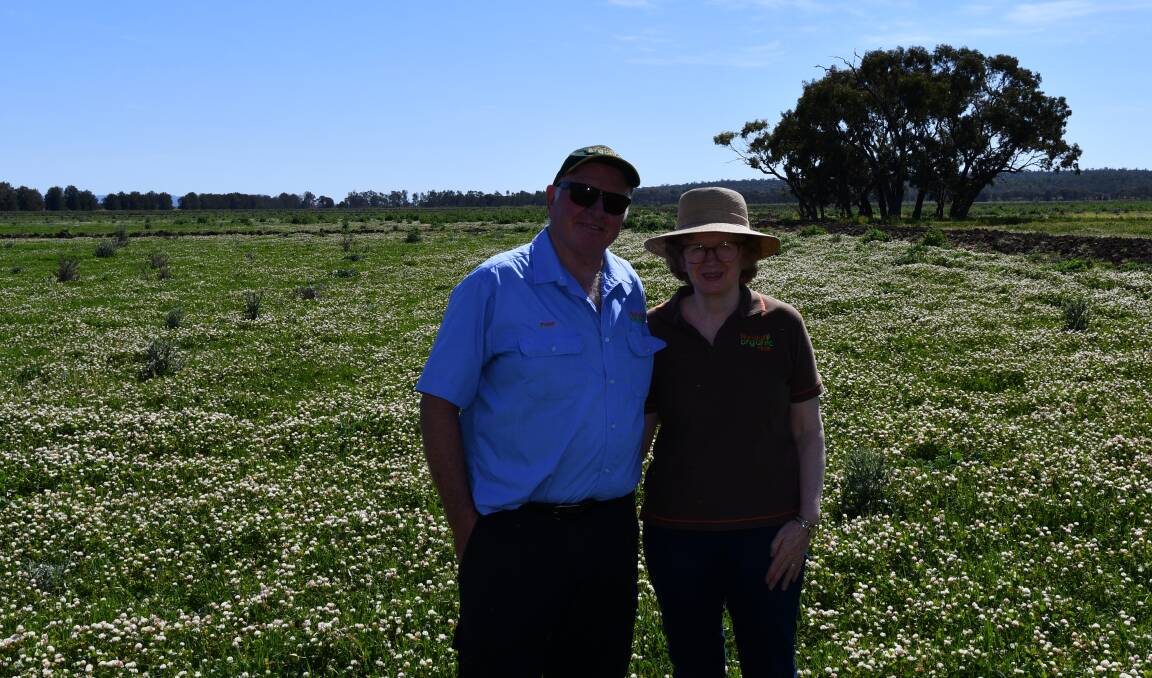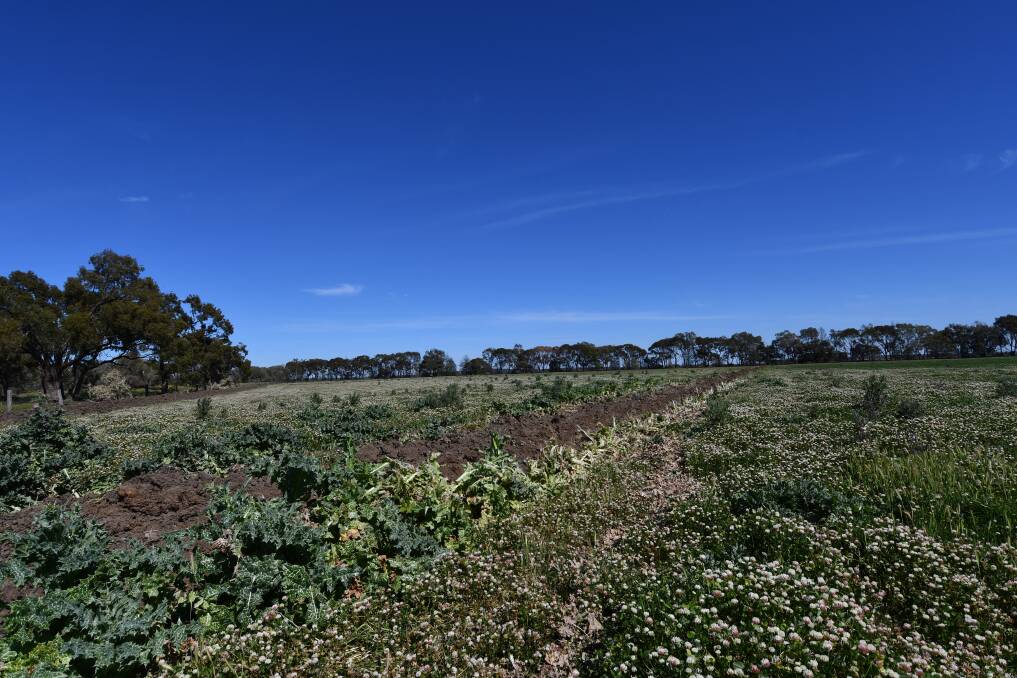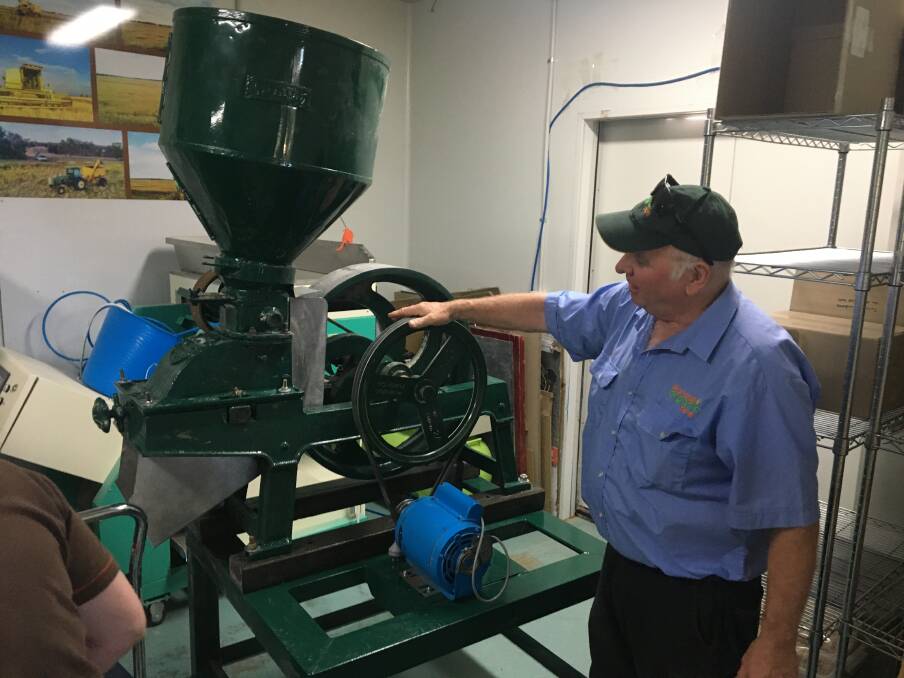
COVID has placed another layer of uncertainty on local rice producers who are already dealing with a rice shortage because of the drought.
Subscribe now for unlimited access.
$0/
(min cost $0)
or signup to continue reading
Peter and Jenny Randall have been farming rice organically on their Murrami property for over thirty years and Peter has said that a number of factors have made the past season difficult to bear.
"We've faced droughts in the past and we have had small rice crops over the past few years but COVID has made it hard for our retail side of the business," he said.
Randall's Organic visits numerous farmer's markets on the east coast where they sell their packaged range of rices and oat products.
READ MORE
"We would sell or products at quite a few markets in Melbourne which have, of course, been closed off to us now," Mr Randall said.
"Economically, I think this has been the hardest year."
Due to the drought the Randall's did not have a rice crop and instead focused on trying to gear up their own range of oat products.
The difference in the value of crops between rice and oats is substantial and the pandemic has proved to be a further barrier to optimising their oat product production.
"All of our machines are for processing rice or calibrated for rice," Mr Randall said.
"COVID has made it impossible for us to get new machines in or to even have technicians come and recalibrate our existing machines as they are located in Melbourne."
Economically, I think this has been the hardest year.
- Peter Randall

They are hoping that the good falls of rain in June and July are supplemented with more before summer and they can harvest a bumper crop of rice next year.
"If we can get the seed, we think we'll get a good crop as we've got nearly 50 per cent water allocations this year," he said.

He is optimistic about their immediate future but harbours fear about rice production for the MIA.
"Climate change is a real problem with the hotter temperatures that we have been getting in summer," he said.
"Rice shuts off when it gets over 40 degrees and it seems to be more and more common to reach those temperatures."



